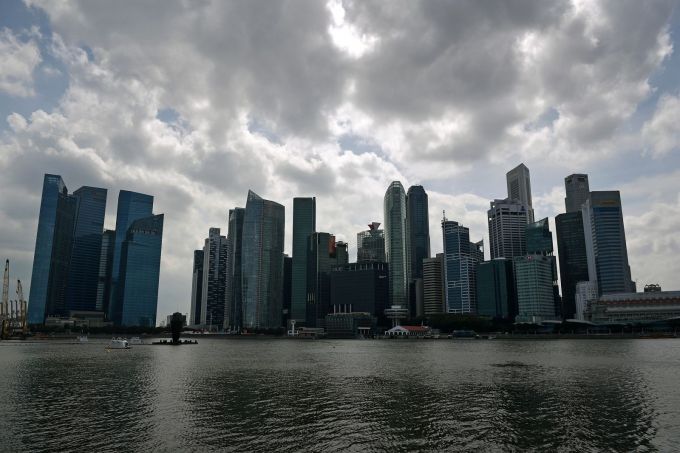Singapore tops global smart city performance ranking in 2017: study
BY beating London and New York, Singapore has emerged top in a global smart city performance ranking in 2017, according to a study by market researcher Juniper Research.
The Global Smart City Performance Index – sponsored by global technology player Intel – ranks the top 20 global smart cities in terms of the integration of Internet of Things (IoT) technologies and connected services across four key areas: mobility, healthcare, public safety and productivity.
Juniper found from the study that smart cities have the potential to save individuals about 125 hours every year.
Said Windsor Holden, Juniper Research’s head of forecasting and consultancy: “We can’t overlook the importance of the real human benefits that smart cities have. Connected communities, municipal services and processes have a powerful impact on a citizen’s quality of life.”
Of the cities surveyed, Singapore not only ranked as the top “smart city” but also came out tops in all of the key areas measured.
The study noted that Singapore’s Smart Nation initiative and its position as a city-state make the country unique in its ability to execute its smart city vision.

With regard to mobility, the study revealed that the use of IoT-enabled infrastructure in Singapore, such as applied smart and connected traffic solutions used by the Land Transport Authority, may save drivers up to 60 hours a year.
San Francisco and London were ranked second and third in this area for their respective efforts to use technology solutions to curb mobility-related issues such as traffic congestion.
In healthcare, the study found that smart cities with connected digital health services, such as wearable apps that monitor blood pressure, can save individuals close to 10 hours a year.
“Singapore and Seoul were notable in terms of their focus on addressing healthcare service provision for elderly citizens through a range of technologies, including digital service platforms as well as remote monitoring devices,” Juniper said.
Improvements in public safety through the use of IoT technologies may result in time saved for individuals residing in cities, according to the study. Juniper found that implementing such technology, for instance Singapore’s trial and use of smart video surveillance, can result in substantial time benefits of nearly 35 hours per year for citizens.
Productivity gains from encouraging digital innovation to address urban planning challenges, and the ability for citizens to access digital services and city information, were deemed to be critical in improving citizens’ productivity in the study.
Singapore, London and Chicago were found to be leaders in this area, each with large open data stores alongside strategies to encourage private innovation, Juniper noted.
Said Sameer Sharma, Intel’s global general manager of Smart Cities IoT solutions: “Cities are engines of economic activity, and we as an industry need to make them more resilient and responsive.
“Partnerships between city planners, government officials, private companies, OEMs (original equipment manufacturers), software developers and startups are creating smart city ecosystems that will empower citizens while reducing our carbon footprint.”
Source: http://www.businesstimes.com.sg/government-economy/singapore-tops-global-smart-city-performance-ranking-in-2017-study


 English
English




